How to Survive Homeschooling : A Self-Care Guide for Moms Who Lovingly Do Way Too Much
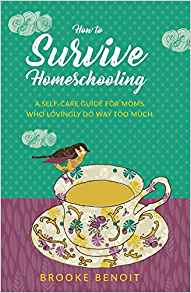
In this beautifully written narrative, Brooke Benoit shares with her readers the anguish, tears, fears, relief, triumph, and joy she experienced throughout her journey in homeschooling her children. Her sisterly and loving advice seem to spring straight from the bottom of her heart as she lays out her mistakes and struggles and realizations. Refreshingly raw […]
Rethinking School: How To Take Charge of Your Child’s Education
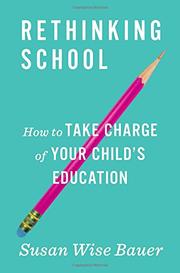
Western modernity has many upsides, but it also has a downside: it channels all students into the same developmental path. That’s not how people actually are. Some of us should not be railroaded into college. We should take alternative paths: toward being stonemasons, shepherds, brewers, artists, costume designers, diesel mechanics, landscapers, weavers, electricians, plumbers. All of these are professions that demand a high level of skill and a great deal of training. They can also pay very well. But the exit lanes that lead from our usual high-school-into-four-year-college interstate toward those alternative destinations are poorly marked, and (too often) littered with road blocks: chief among them, parental disappointment, and social stigma (vo tech as the “stupid” track).
How We Learn
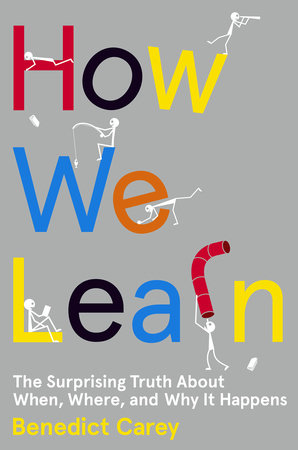
The harder we have to work to retrieve a memory, the greater the subsequent spike in retrieval and storage strength (learning). The Bjorks call this principle desirable difficulty, and its importance will become apparent in the coming pages.
Subjects: Cognitive Science, Learning, Neuroscience
Parent Talk
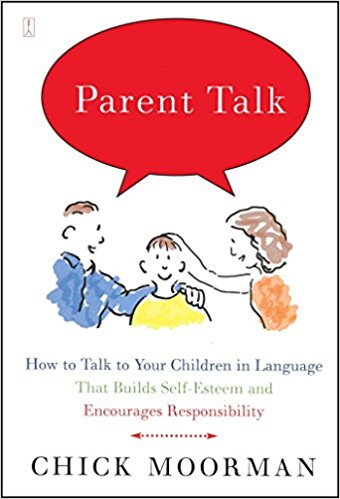
Chick Moorman, an inspirational speaker with over 40 years experience as an educator and parent divided this book into 11 chapters. Each chapter deals with the many ways a parent can address a situation such that it builds the child’s self esteem, gives the child a feeling of responsibility, equips the child with problem solving […]
A Qur’aanic Odyssey: Towards Juz Amma

In this book, Umm Muhemmed gives a beautiful peek into the family life of a mother who sacrificed her own career pursuit by taking a break, in order to focus on Quran memorization of her two children and herself. Ibrahim, a typical five year old boy who is also imaginative, active, and curious, embarks on […]
Doing School: How We Are Creating a Generation of Stressed Out, Materialistic, and Miseducated Students
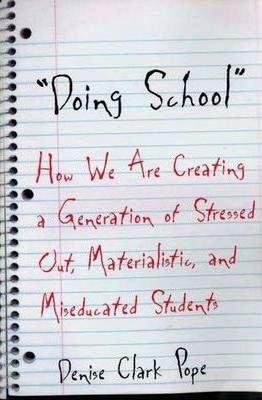
Pope welcomes her readers to Faircrest High, a high school located in a wealthy California suburb which has the lowest dropout rate in the state, small class sizes, and high quality teachers. She shadows five students recommended by the faculty as successful and outstanding students, and discovers how the pursuit of grades in the school […]
The Power of Play
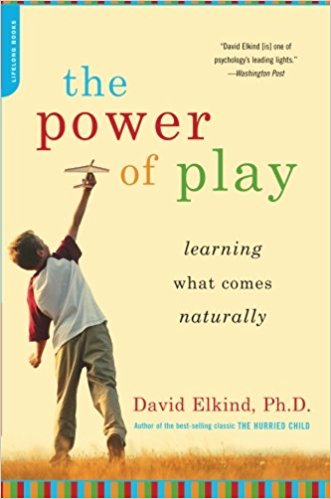
The book is divided into three parts. The first part talks about how play has degenerated in today’s modern world, and how our society has succumbed to technology’s ‘toys’ thereby abandoning the natural environment that is our worldly playground. The second part expounds on the role of play in learning and development, and in the […]
Is College Worth It?
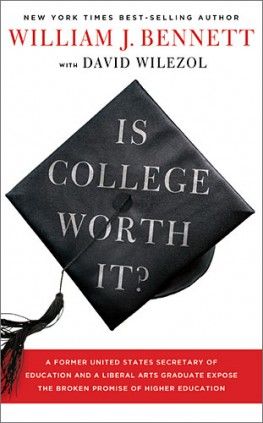
College should be a choice for some, depending on educational prowess, opportunity, and financial considerations. For those individuals, only a certain number of colleges are appropriate, and of those colleges, only a few degrees are worth choosing. College is neither a panacea nor a carte blanche. Better high schools, trade schools, and apprenticeship programs should take the place of overpriced and underperforming colleges and universities. Online education, particularly MOOCs (massive online open courses) should take the place of inefficient brick-and-mortar colleges, making education of all types less expensive and more accessible.
The Whole-Brain Child
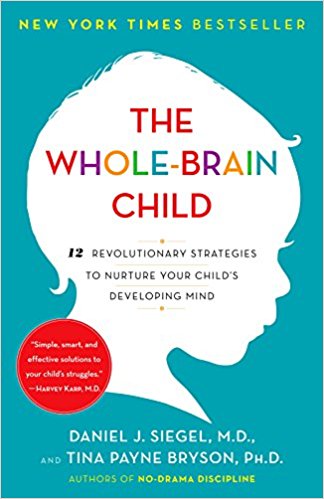
A great book full of scientific explanations to back up 12 key strategies in nurturing a child’s emotional intelligence through understanding the two hemispheres of the brain. The authors simplify the strategies so parents can use the proposed lingo with their children according to their age level. Genre: Non-Fiction, Parenting, PsychologySubjects: Neuroscience
How to Talk So Kids Can Learn At Home and In School
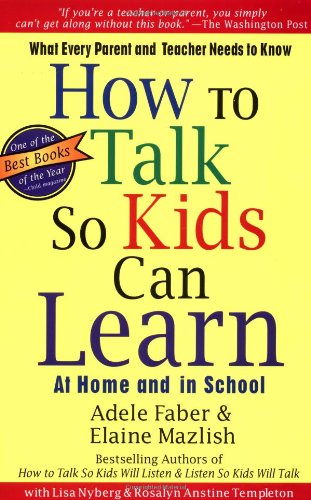
A must-have resource for educators! Replete with examples of situations in which to use the different techniques mentioned, in illustrations. Reading Level: AdultGenre: Education, Non-Fiction, TeachingIllustrated by Kimberly Ann Coe